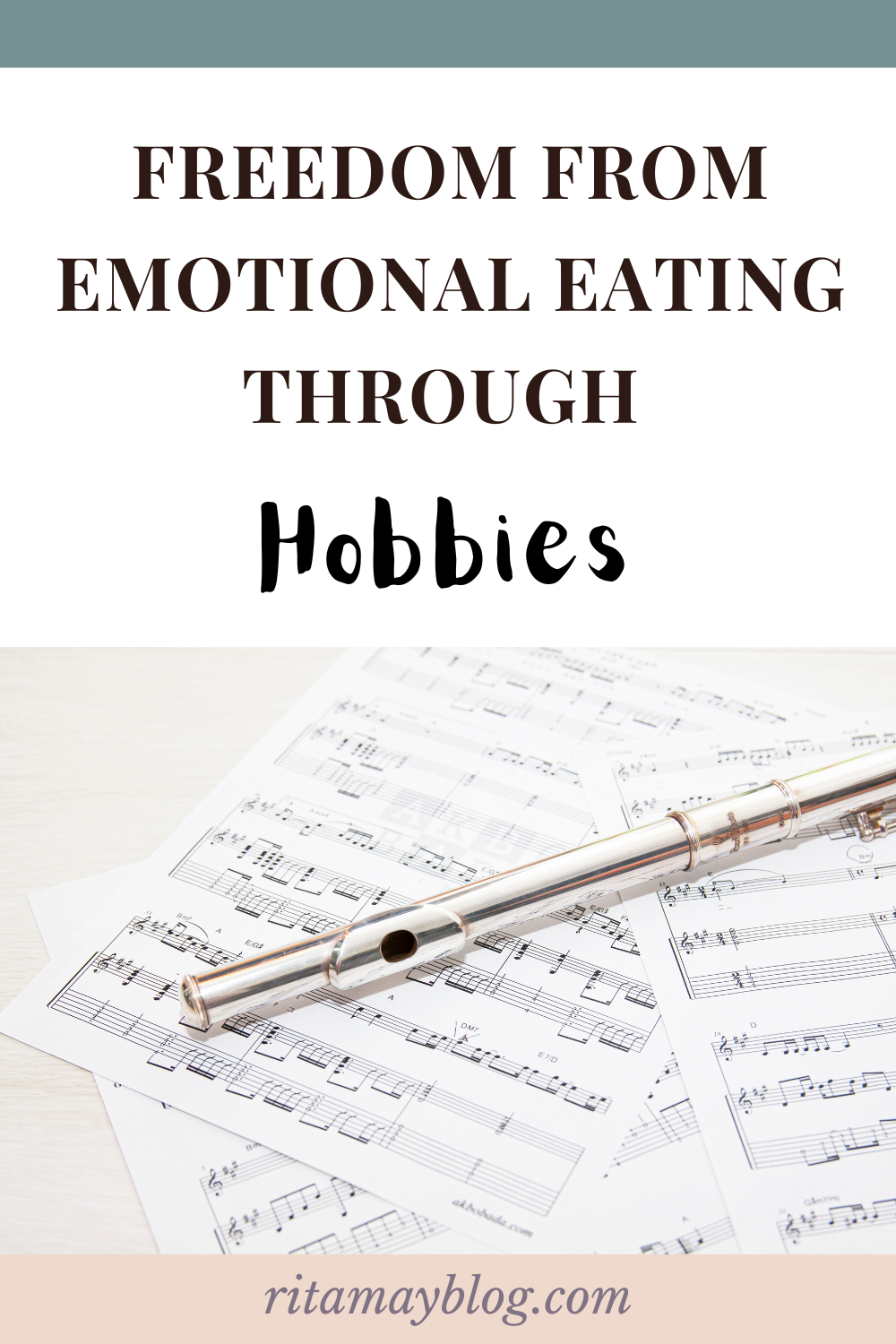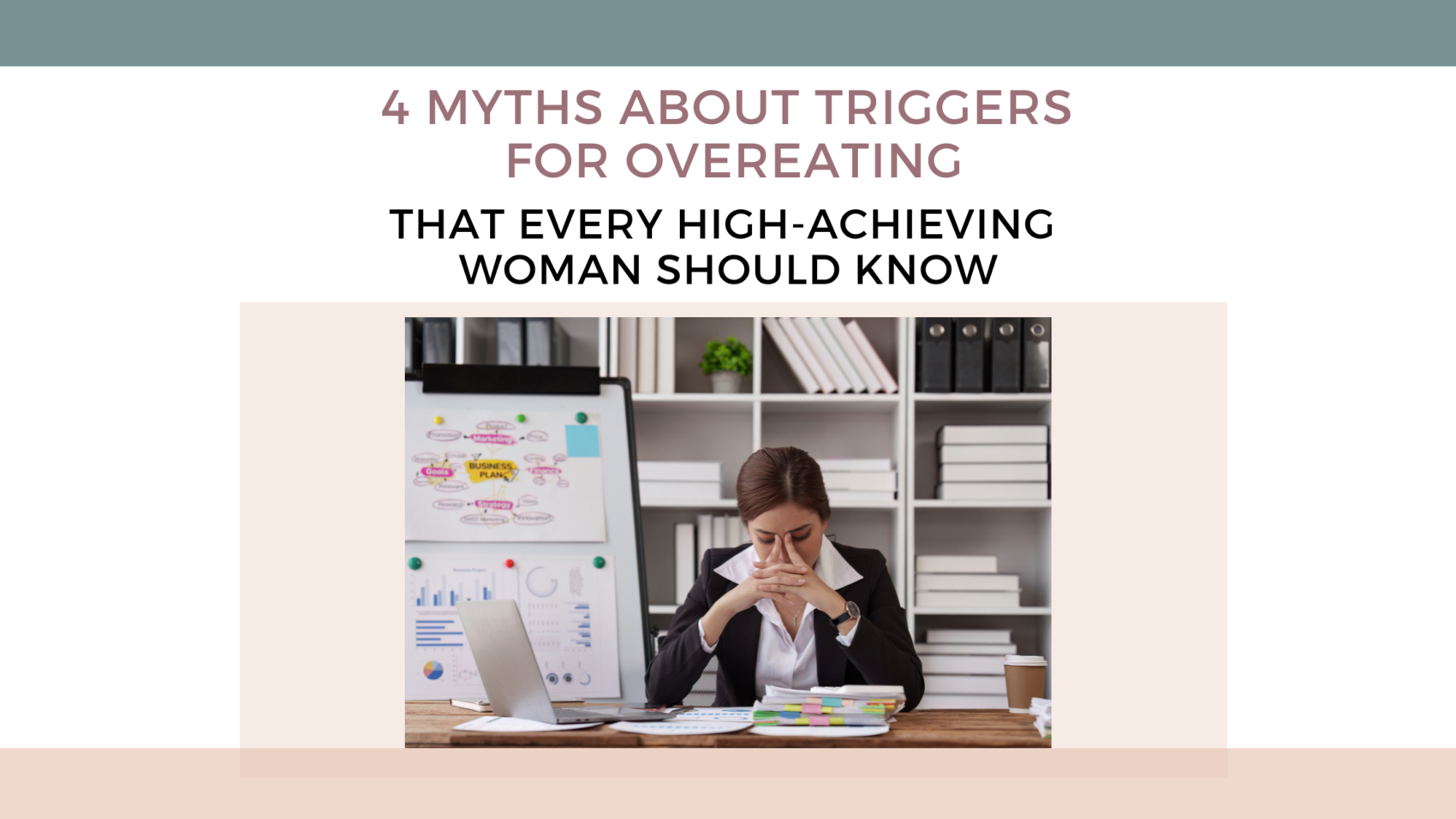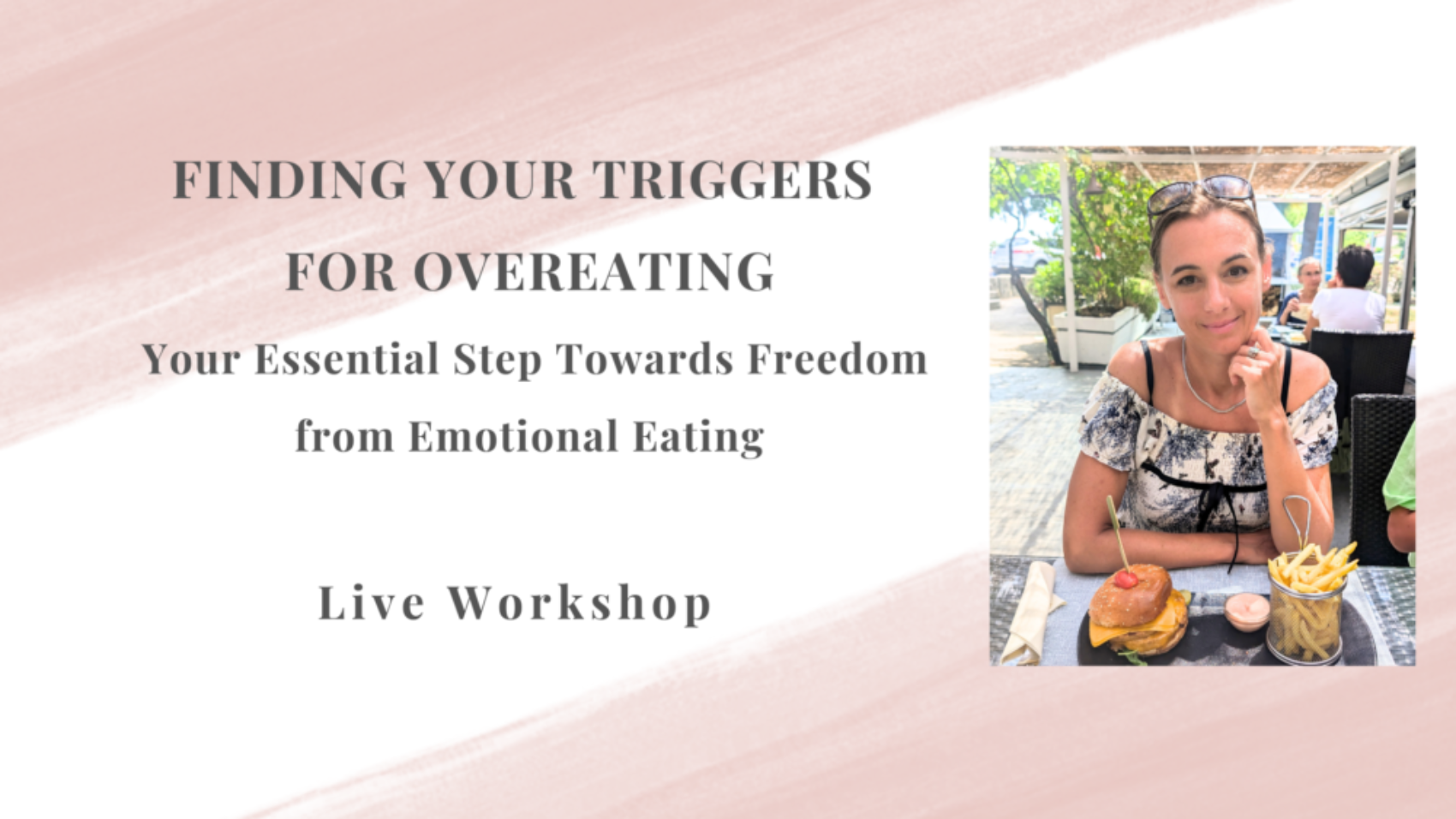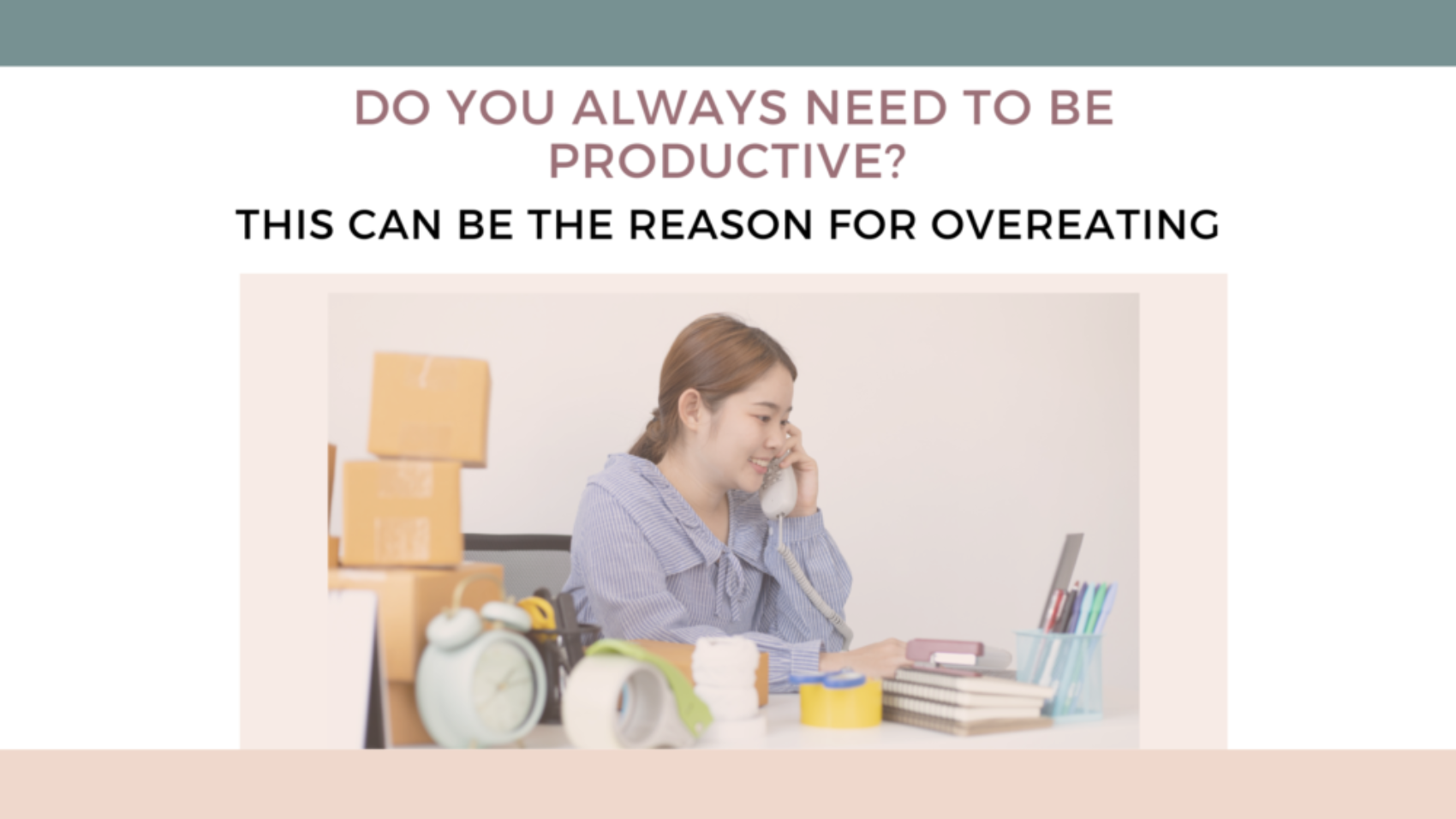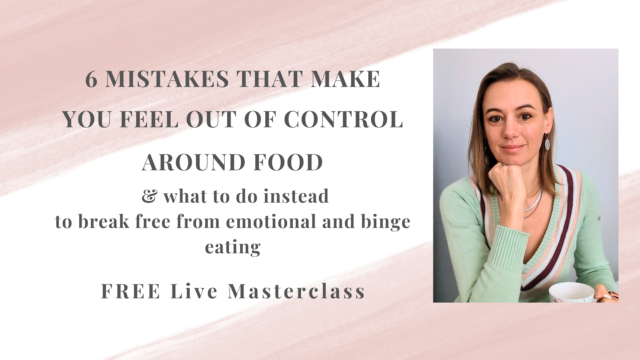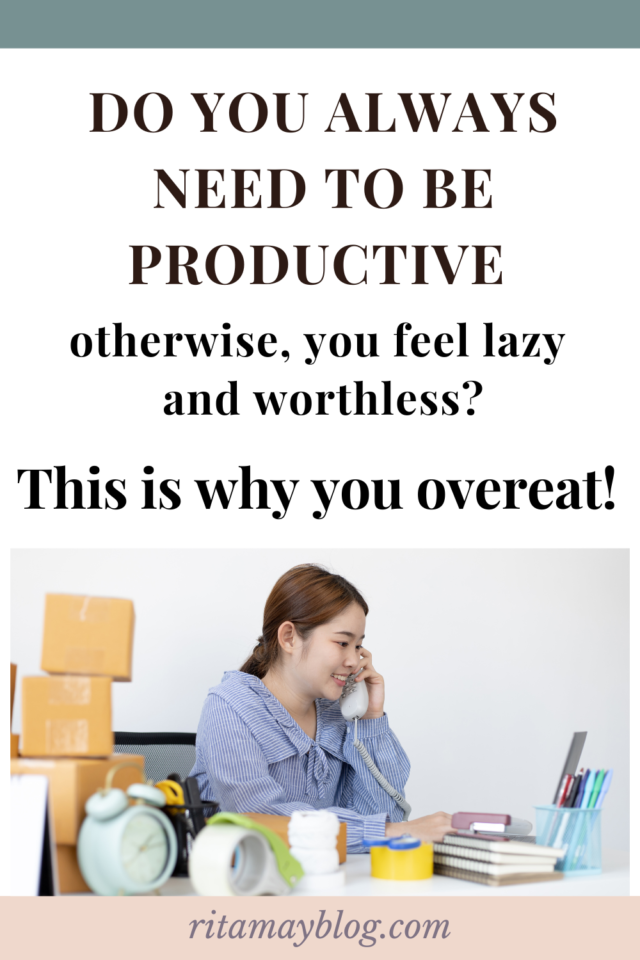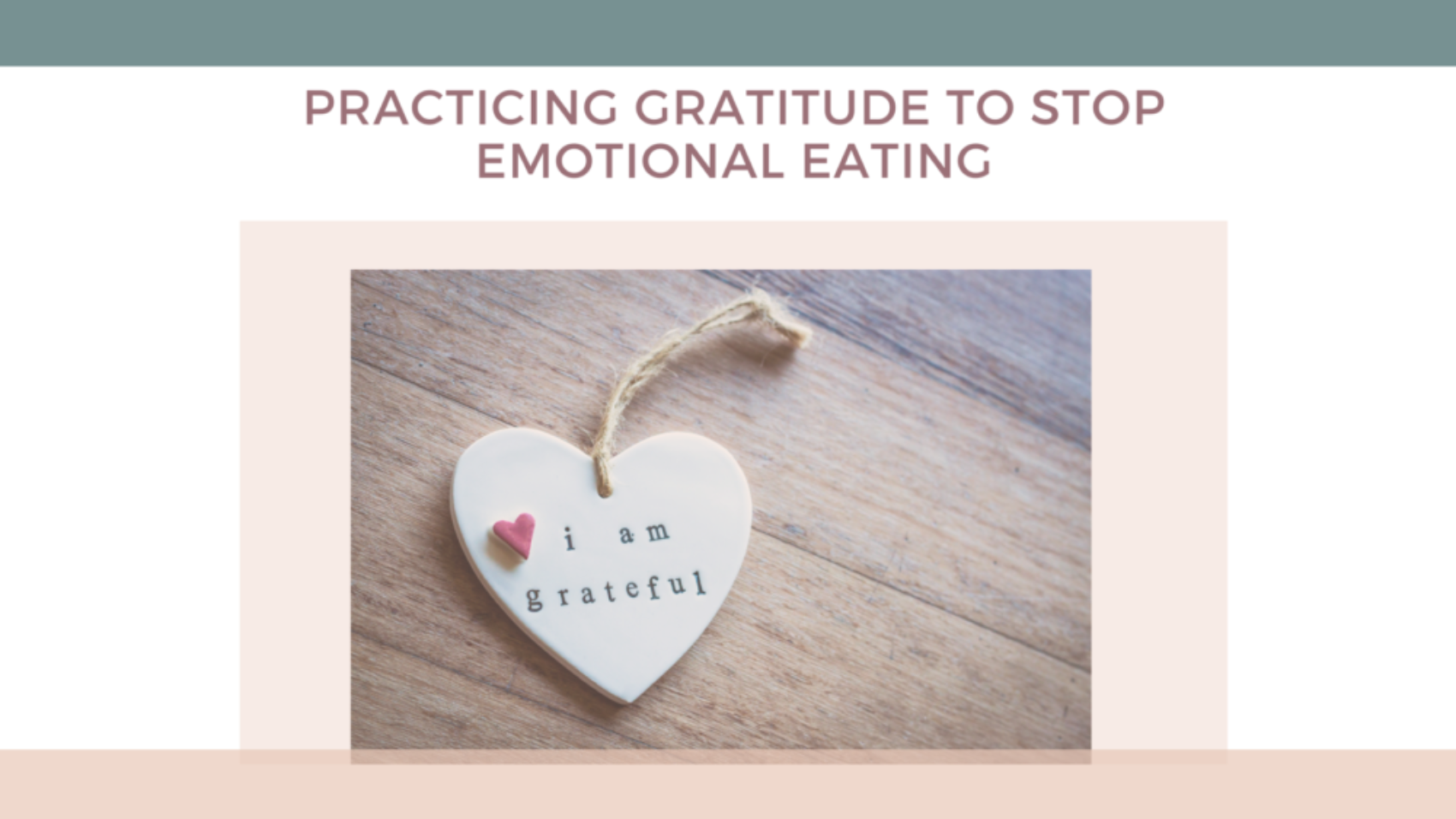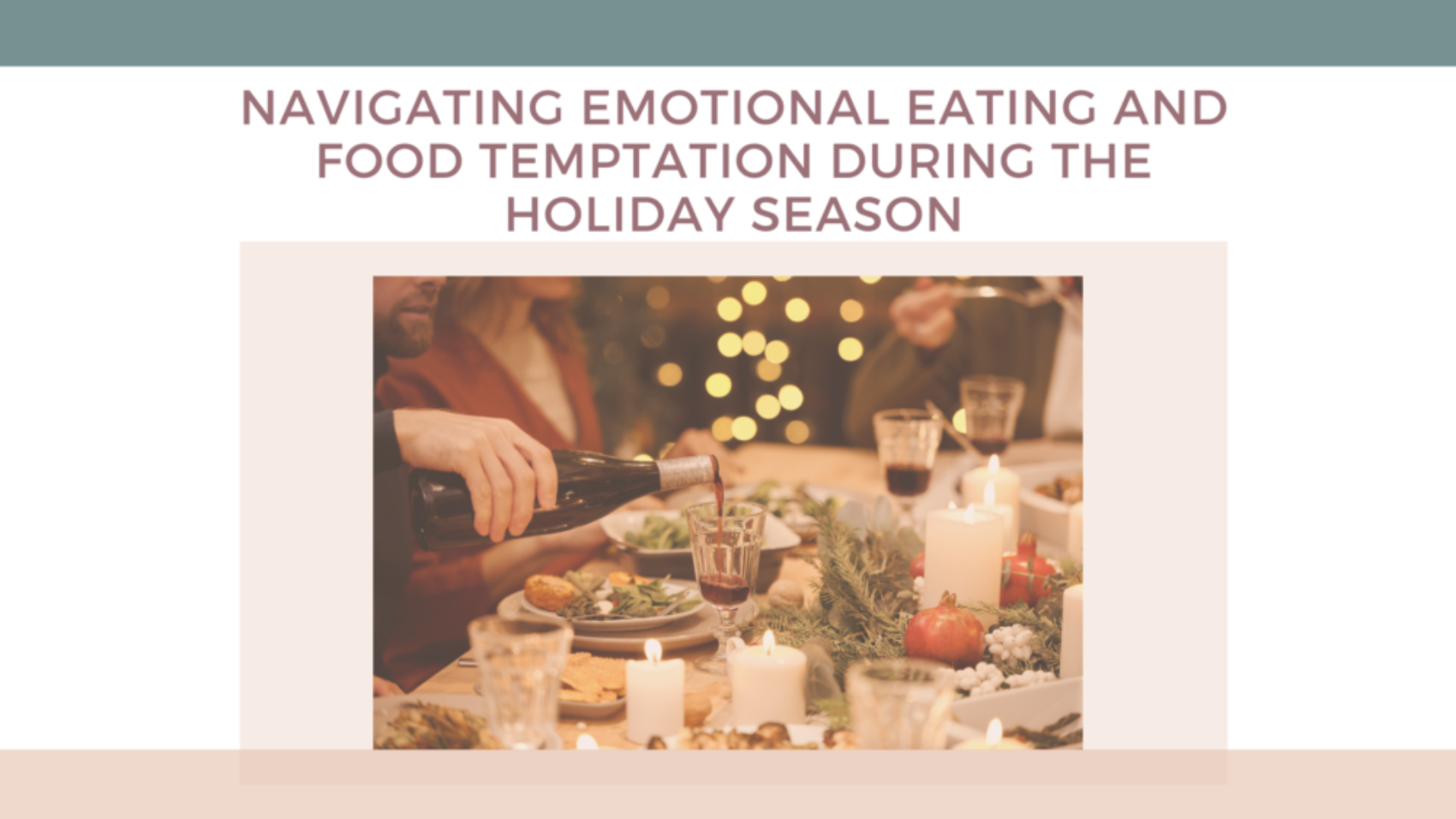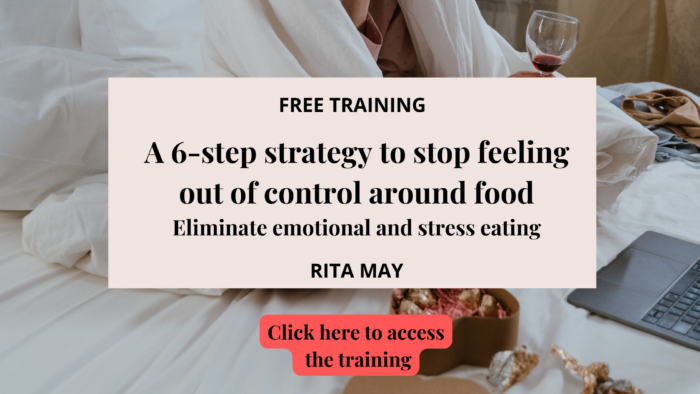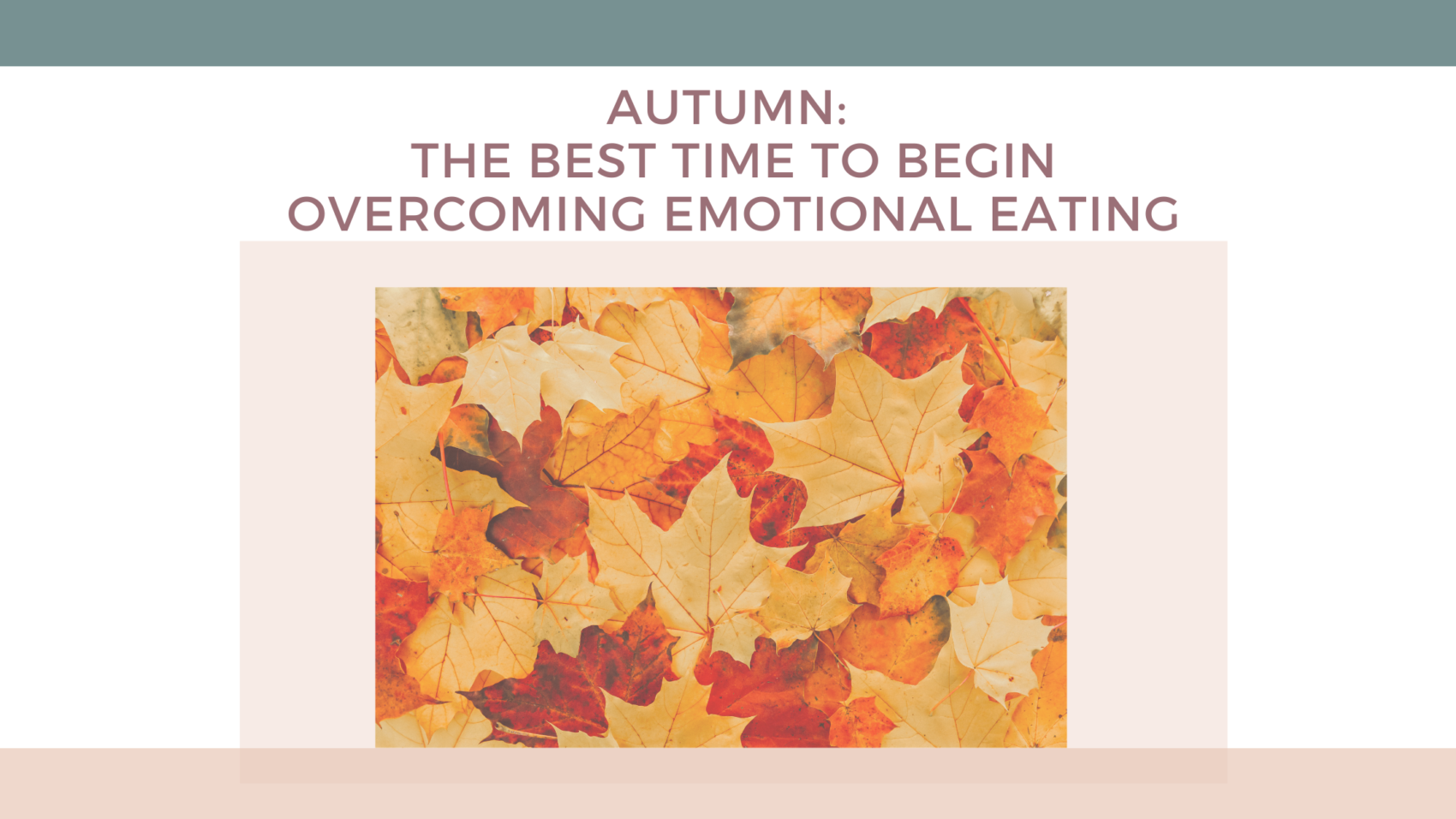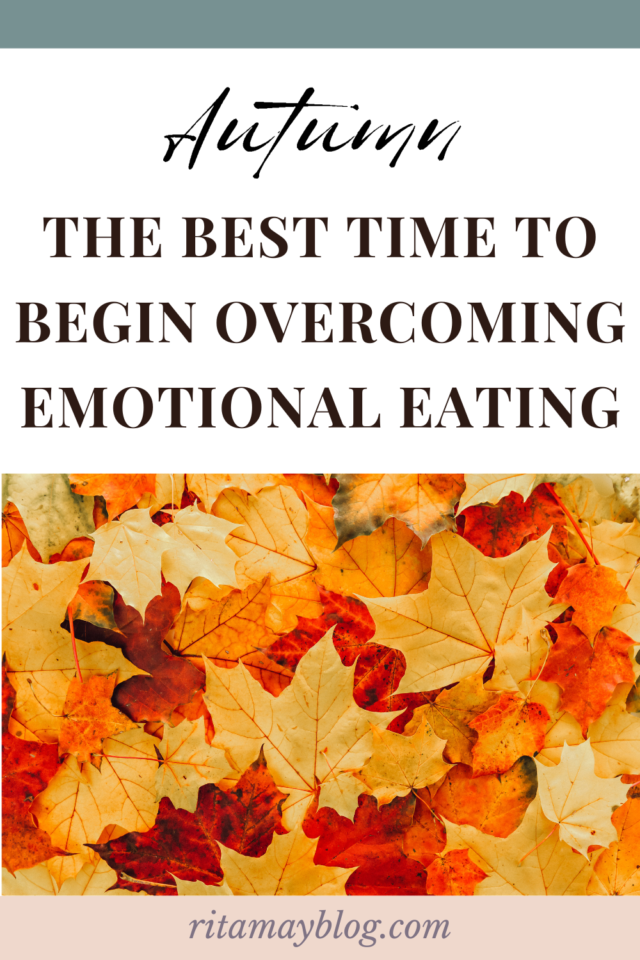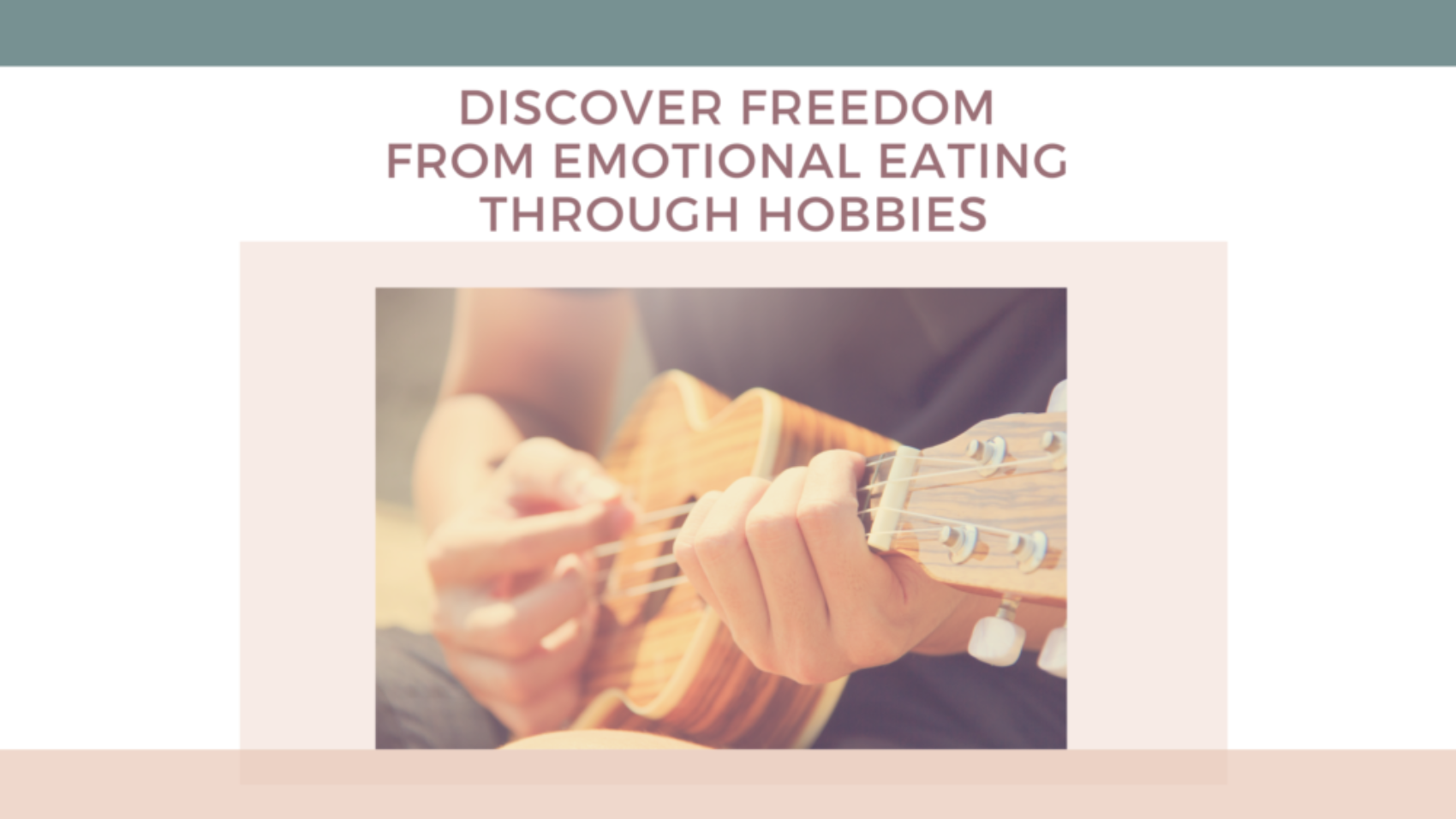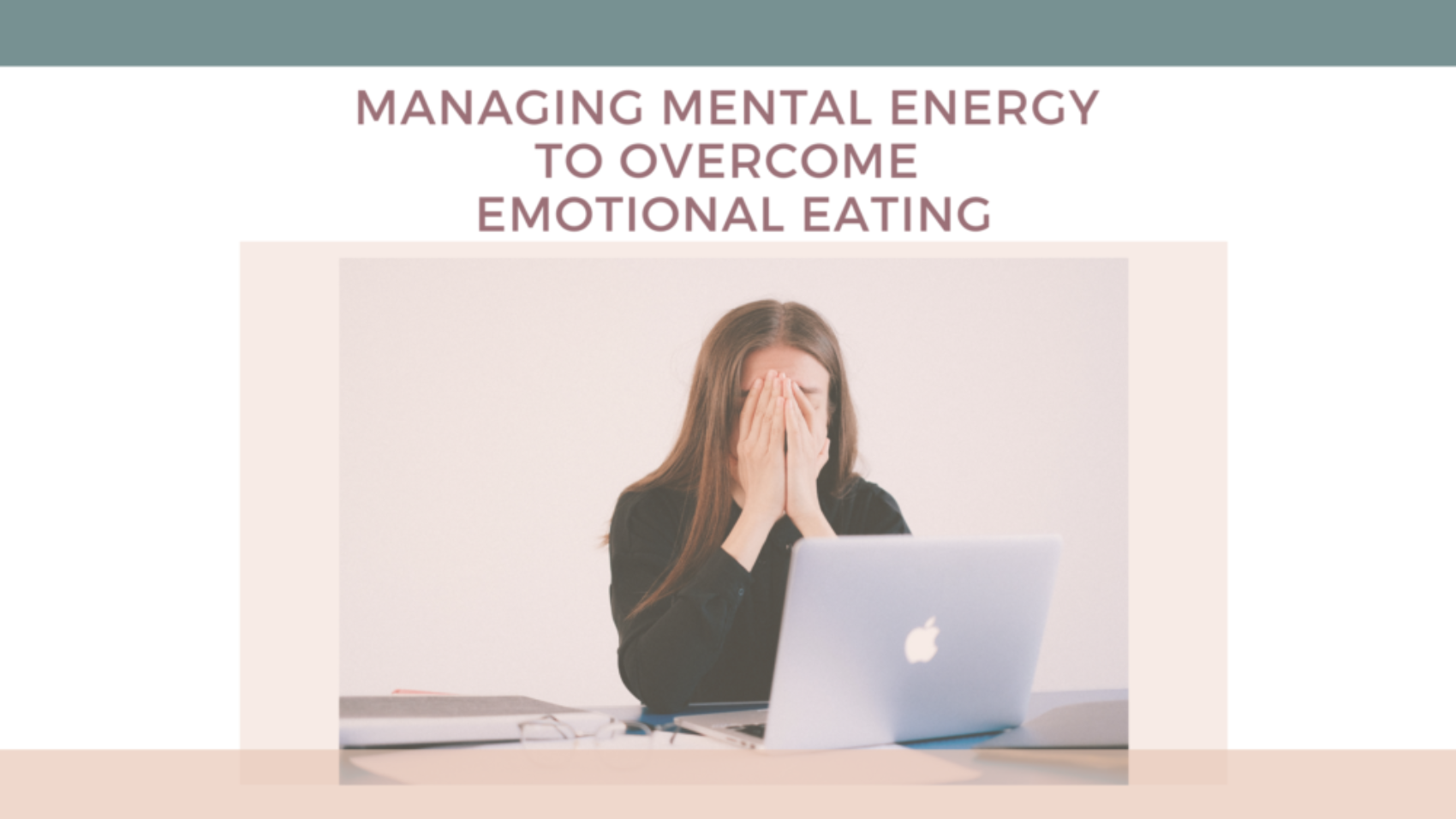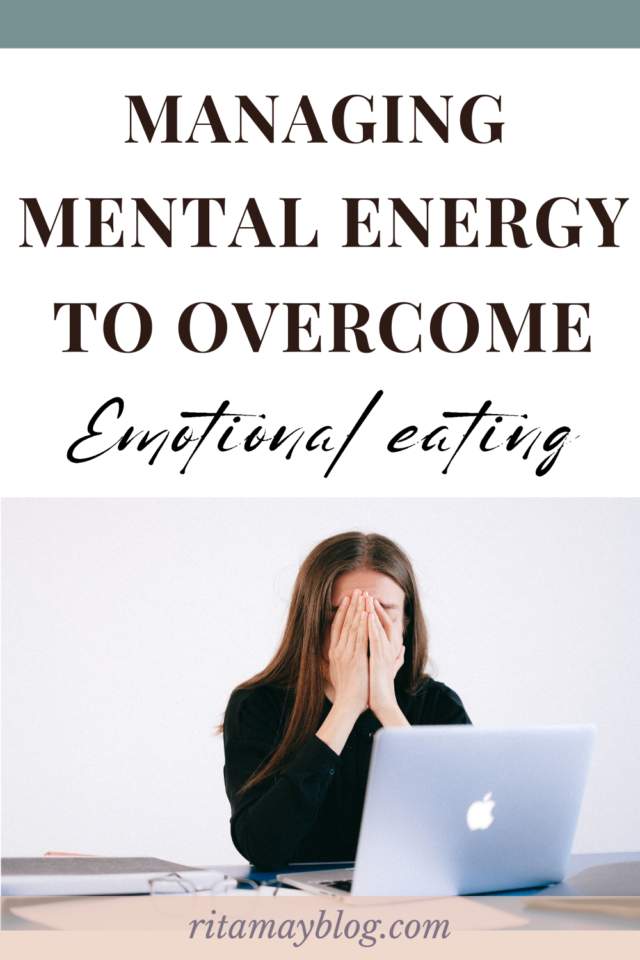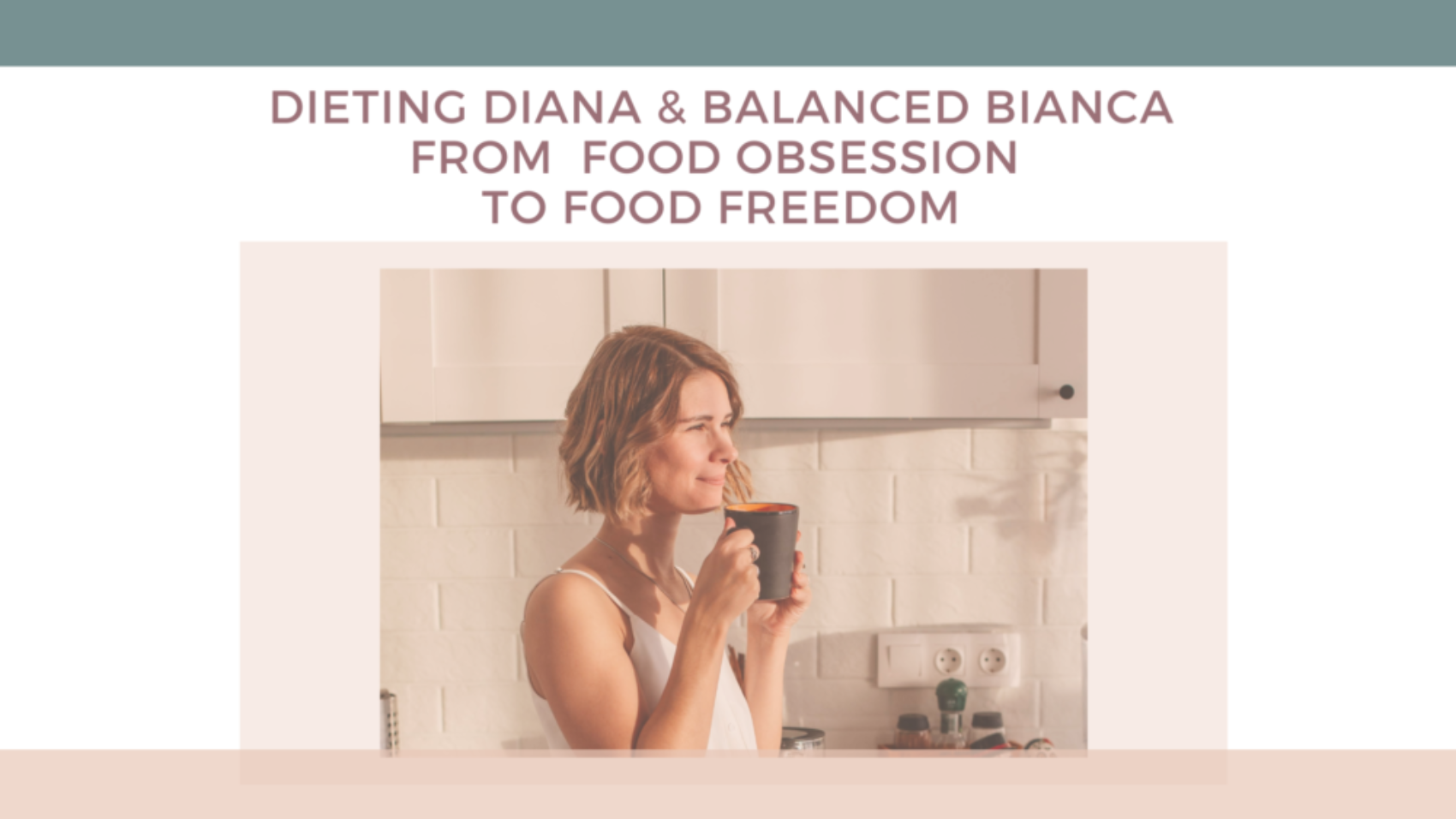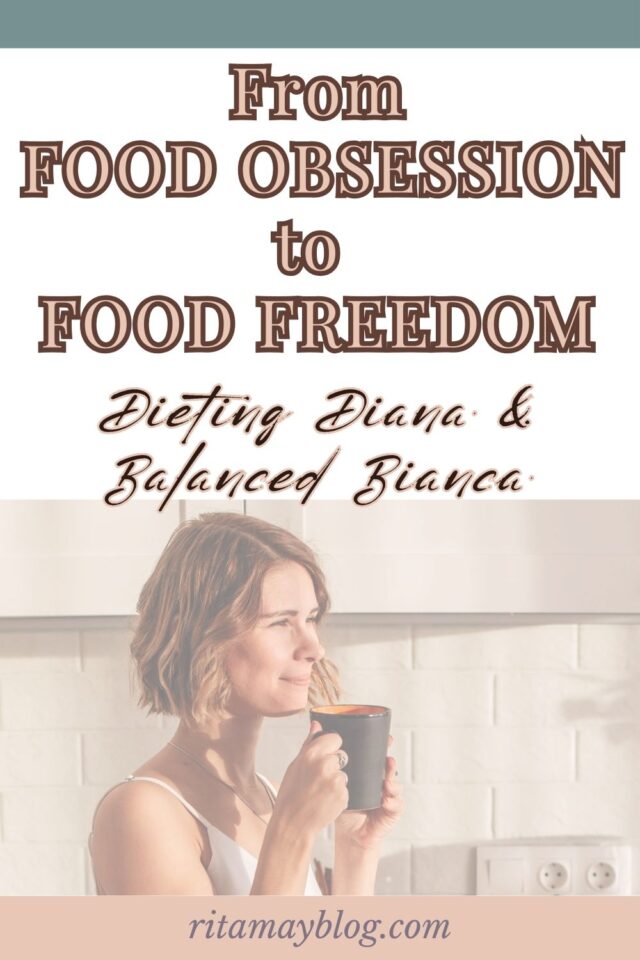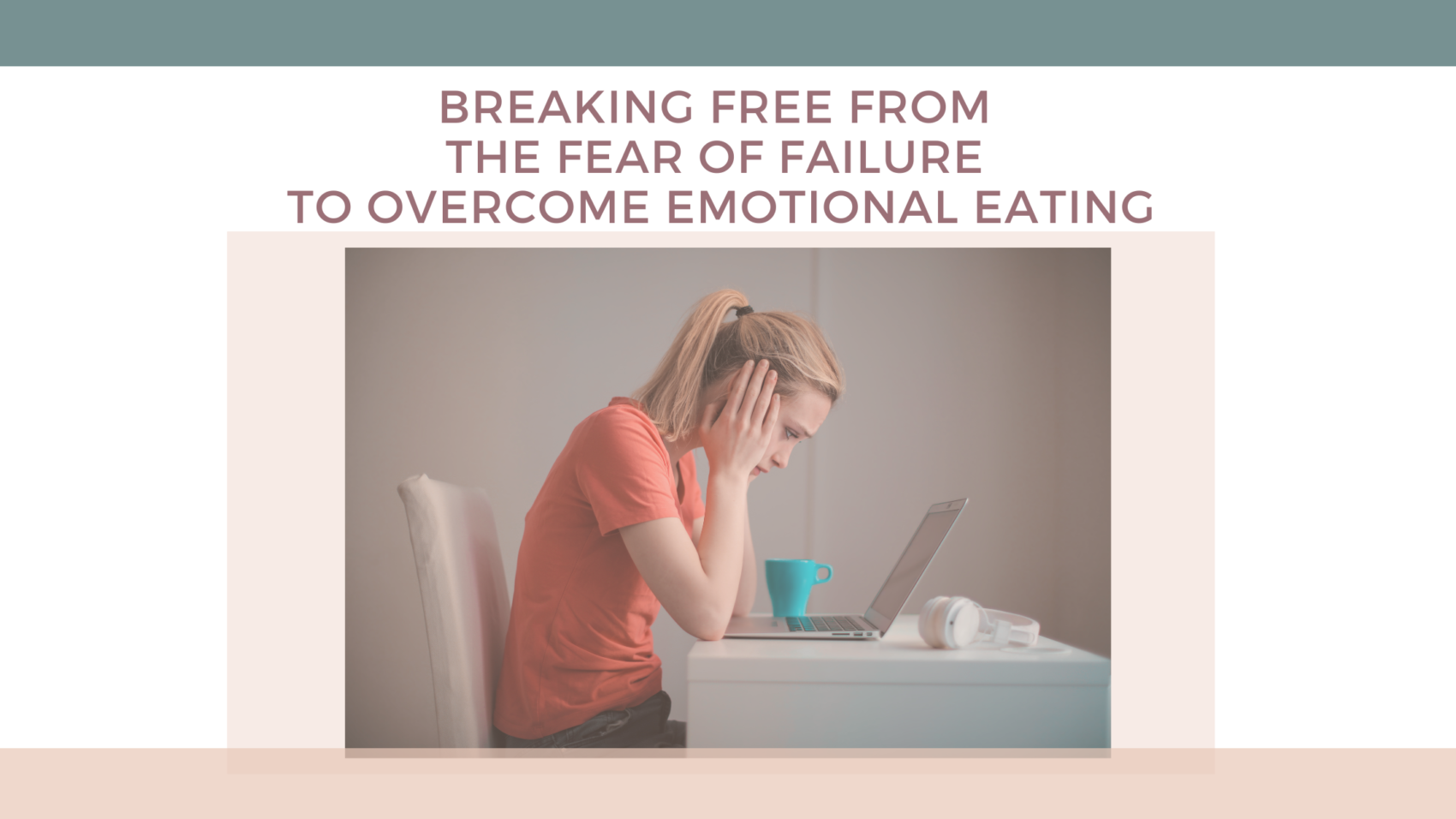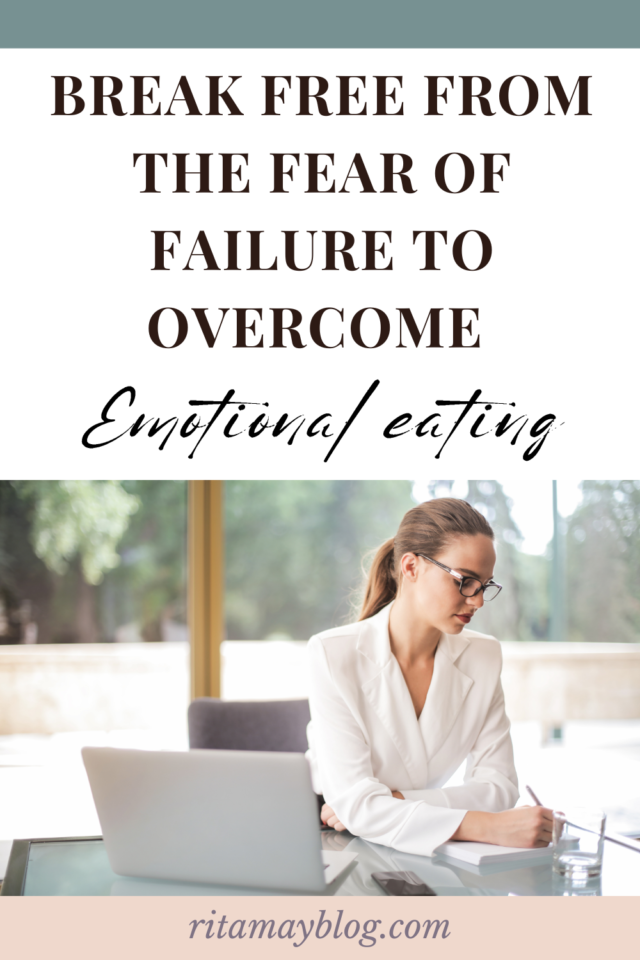Discover how having a hobby can help you take the first steps towards freedom from emotional eating!
The content of this blog post is taken from my podcast interview with Hobbyscool. You can listen to the podcast here:
Emotional Eating: Breaking the Cycle with Science, Psychology, and Hobbies With Rita May
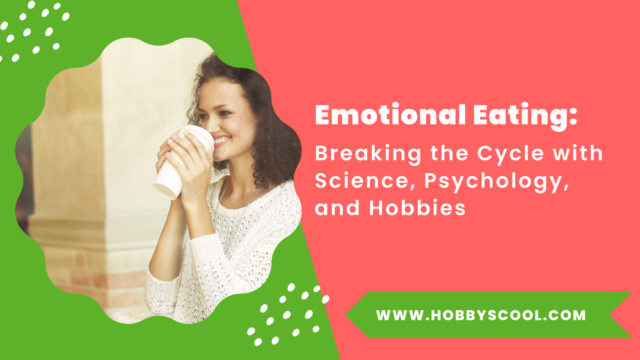
How having a hobby can help with emotional eating?
Savour Life, Not Food
Having a hobby can serve as a better way of releasing stress than eating. When people are very busy and tired they need to prioritize self-care and a hobby can be a great way of spending some time to do something they enjoy.
The more you enjoy your life, the less you need to escape from it using food, alcohol, or social media. So if you have some fun hobbies, you feel better and you don’t need food as an emotional crutch.
Loneliness
Hobbies can be a good solution for loneliness too because you may meet other people engaging in the same hobby. You can do the hobby together or join online communities and make friends with people who have the same hobby.
Boredom
And if you eat because you’re simply bored, instead of using food as entertainment, you can take up a hobby or two. When you think: I don’t know what to do, maybe I should eat…, you can remind yourself that you could also practice your hobby instead.
Having an interesting hobby that you’re looking forward to doing makes boring tasks more tolerable too. You know that after finishing the boring task you can do something fun.
It can be a good reward after a stressful day as well instead of rewarding yourself with food.
Healthy distraction
Of course, hobbies can also work as a distraction from eating when you start giving up emotional and compulsive eating. When you have the urge to eat you can distract yourself and keep your hands busy with your hobby.
Distraction is actually not what I teach to my clients as a permanent solution since it’s not always possible to do (especially if you’re at work) and I also believe that it’s better to learn to feel your feelings instead of avoiding them.
We also need to find the underlying issues for emotional eating and solve those problems instead of covering them up with eating or hobbies. Because covering up is like putting a useless band-aid on an infected wound. You can’t see the wound anymore but it’s still there and it’s getting worse under that useless band-aid.
But a healthy distraction, such as a hobby, can be a good tool to start with until you develop emotional fitness and solve the underlying issue.
Planning activities you enjoy
After working with me for a while food becomes a much less important part of my clients’ lives and suddenly they have a lot of free time that they previously spent thinking about food, diets and criticising and torturing their bodies. Often when I ask them what they want to fill this time with they have no idea because they got used to spending that time researching the latest diet, planning their new meal plan or finding some magic solution. That’s why I ask them in advance to think about hobbies and activities they enjoy but don’t have time to do now so they can have a list of activities to choose from later.
Which hobbies help to reach freedom from emotional eating?
Journaling
Journaling is a relaxing hobby, to start with. When you’re struggling with some challenging emotions or are just trying to process a bad day, writing about what is happening can help improve your mood and lower stress. It also helps you process your feelings and notice patterns of behaviour that might affect your emotional state.
There are many ways journaling can help you.
Food journal to uncover your triggers
If you want to discover what triggers your emotional eating I highly recommend writing down in your food journal how you feel before and after eating, what happened before eating, how stressed you were that day, how much you slept, relationship issues, and any other factors affecting you.
I designed the free journal below for you to be able to do exactly that. You can download it here.
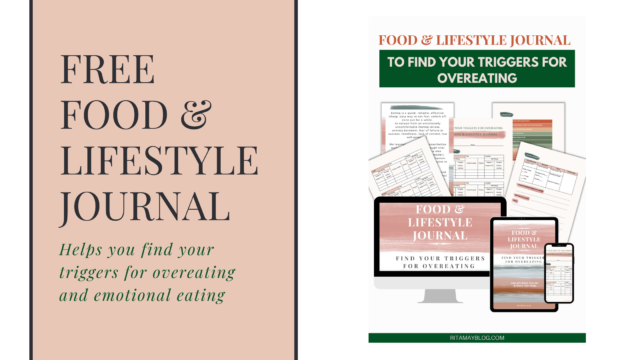
If you see your eating habits, your feelings around food, mealtimes, and events written in your journal, you may notice the recurring situations that cause you to overeat.
Brain dumping
Another great way of journaling is a brain dump.
This simply means you write down whatever is on your mind, and keep writing until you feel lighter. Getting those thoughts out on paper helps you release some of the tension, and you also gain a little more clarity.
Gratitude Journal
You can also write down in your journal what you’re grateful for.
You can write down 5-10 things every day. Turn this into a daily ritual that you do every morning or evening, and you will notice the difference it makes very quickly.

Exercise
Another good hobby is exercising. I’m not talking about completing a difficult fitness challenge or pushing yourself to do some extreme form of activity you hate.
Instead, find some workouts that you actually enjoy. These can help you improve your mood exponentially, and it’s good for your physical health as well.
Maybe you want to try
- Walking or hiking (or skiing if possible)
- Dancing
- Yoga or Pilates
- Weight lifting
- Playing with your kids or pets
- Bike riding in nature
- Gardening
Meditation
Another great hobby could be meditating. There are many good meditations on YouTube and there are meditation apps too. For my clients, I make personalised meditations and brain rewiring audios to help them reprogram their minds and replace their old unhelpful beliefs (such as “I can’t do this”, “I‘m destined to be fat”, and so on) to more helpful and empowering beliefs.
Here you will find 1 video, 2 audio recordings and more than 300 written affirmations beautifully formatted on printable pages. You can either listen to or read these mantras every day to reprogram your unconscious mind around your relationship with food and your body.
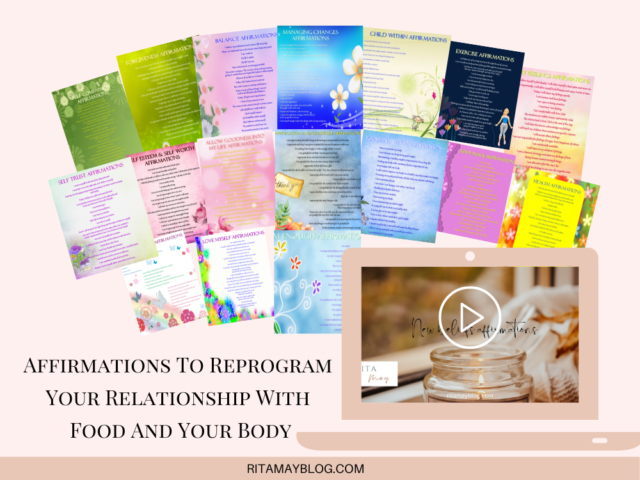
Art and creativity for freedom from emotional eating through hobbies
Colouring is a nice relaxing hobby too to release stress. There are colouring books for adults too.
Art, photography, painting, playing an instrument, knitting, or learning any new skills can help release endorphins and make you feel better.
If you’re struggling with emotional eating, you don’t have to face it alone. Take the time to explore activities that can help you cope and manage your emotions in a healthier way and see how you can take the first steps towards freedom from emotional eating through hobbies.
If you need support, join my private Facebook Group and consider working with me. I have a 12-week 1 on 1 coaching program to help you eliminate emotional eating. Book a free call here if you would like to talk with me directly about your issues.

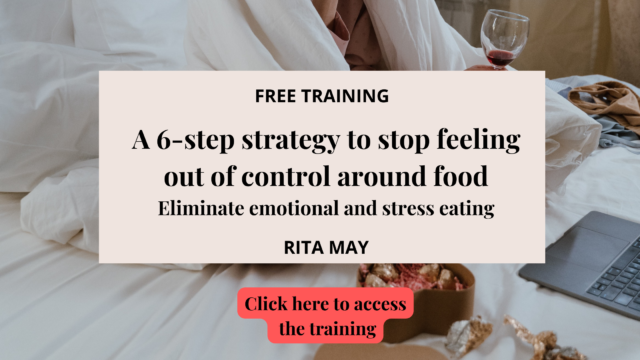
If you like this post share it with others 🙂
